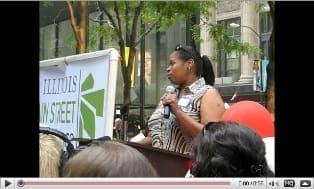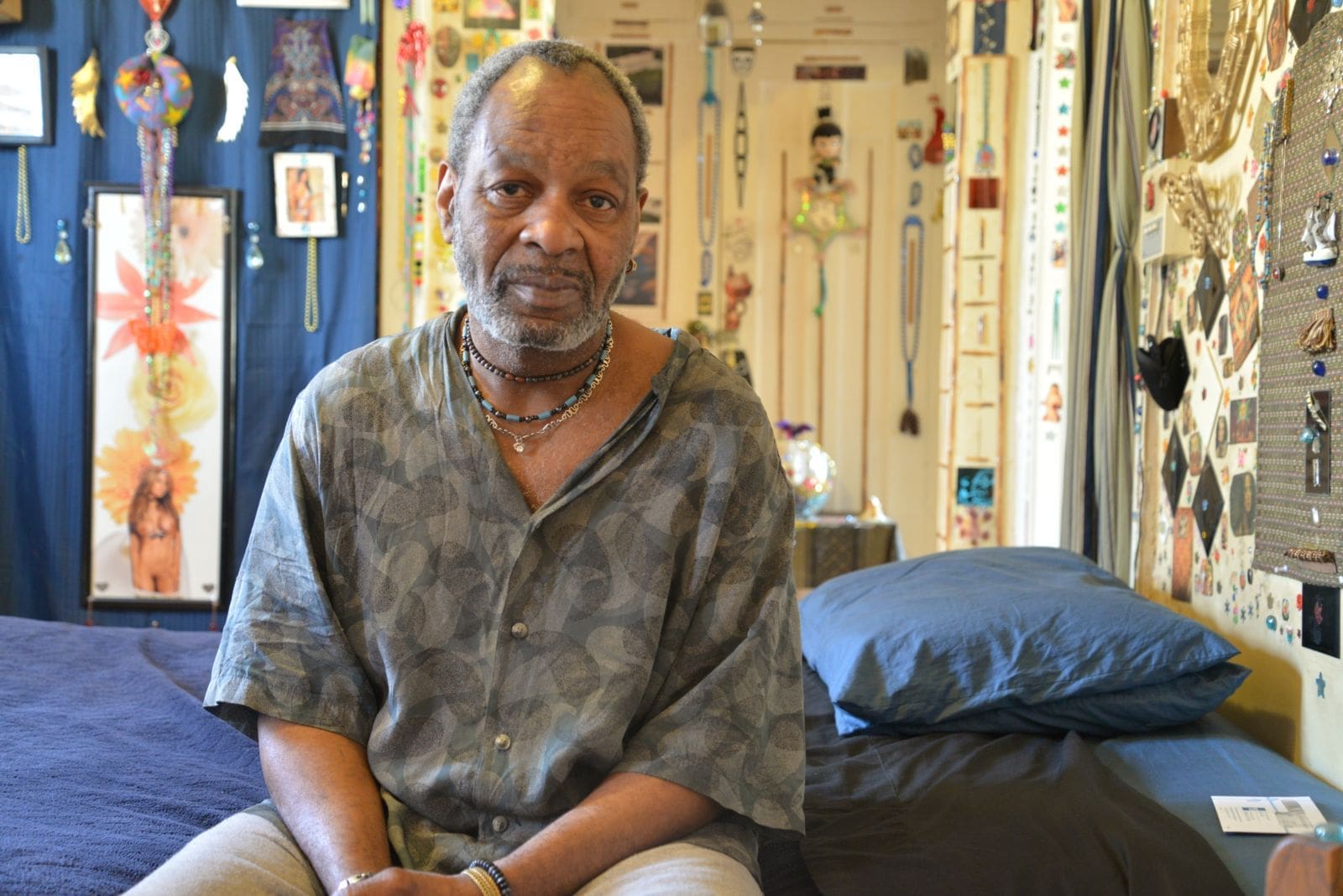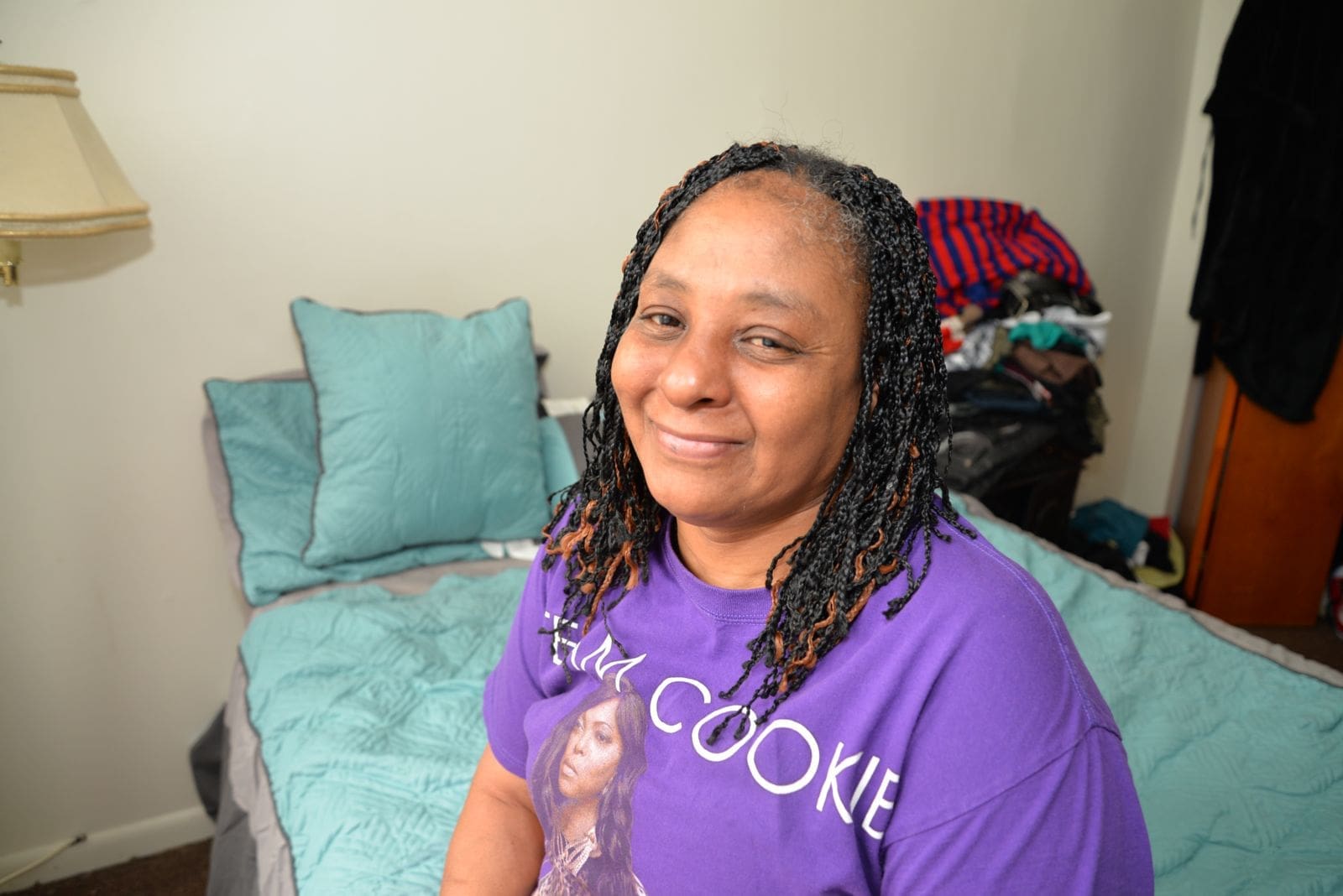By Ella Shapiro
For those of us working to end the HIV epidemic it is not news that housing is health care, but perhaps for others that connection is not so obvious.
When you have a house, steady employment and a primary care provider it becomes easy to prioritize your health because your basic needs are being met. When those same basic needs are not met, it becomes challenging, and sometimes impossible, to do so. This remains true for people living with HIV and other chronic health conditions, such as asthma and diabetes. According to a 2016 study, people living with HIV are more likely to access and adhere to HIV medication when they have stable housing.
Knowing this, AIDS Foundation Chicago (AFC) and its supporting organization the Center for Housing and Health (CHH) are committed to using a housing-first approach, a philosophy that links people experiencing homelessness with safe, affordable housing quickly, to meet their health needs.
“Housing is key to ending the epidemic for people living with HIV and to helping people become more stable,” Brandi Calvert, CHH’s Senior Director of Housing Operations, said. “It’s at the foundation of everything.”
To best support people experiencing homelessness CHH offers a variety of services and programs, including housing assistance, financial aid, harm reduction, case management and educational resources.
One example of this is the Flexible Housing Pool, a CHH program that partners with local landlords to match people experiencing homelessness and living with serious chronic health conditions with affordable housing in Cook County. Once enrolled, clients are linked to a housing case manager, receive rent and utility assistance for as long as needed and are supported in furnishing their homes. In the past year the Flexible Housing Pool has successfully housed 281 households, and 95% of clients have stayed in housing past the 12-month mark.
Rachel Sanchez, one of the Flexible Housing Pool’s housing specialists, has personally helped house more than 75 clients and has seen firsthand how having a stable place to live impacts a person’s overall wellbeing.
Rachel explained that many of her clients who are experiencing homelessness are at risk of losing their medication and personal identification (which is often necessary for booking medical appointments) since they do not have a secure place to keep their belongings. Additionally, not having housing can be very stressful, which contributes to trouble sleeping, poor appetite and worsened chronic health conditions.
“Health care is not just going to the doctor and getting medicine,” Rachel said. “Health care means having a balanced diet, exercising and (having access to) mental health care. Many people don’t have access to any of that (because of unstable housing).”
Directly helping clients secure permanent housing is an important part of what CHH does, but the work does not stop there. CHH also advocates for improving practices within the health care sector by bringing together health care providers to address systemic issues and share resources.
One of the fundamental issues that CHH has identified as critical to ending homelessness is the need for more flexible funding. Often, the funding that organizations like CHH receive is restricted, and can only be used for a few specific services. However, people seeking housing have diverse and unique needs, including furniture, transportation, mental health care and more. It’s important that once housed, people continue to receive the services and support they need to thrive.
“We don’t have enough sources of flexible funding to meet the great housing need in our area,” Brandi said. “Not just at CHH, but across all organizations. [We need] the funding to increase the number of units in our system and get people the things that make a home a home.”
Making a house feel like a home is what continues to drive CHH staff. Rachel remembers one of her clients dancing and jumping up and down when she handed him the keys to his new apartment. When she asked why he was so happy he told her that he enjoyed cooking but hadn’t been able to while he was experiencing homelessness. Having his own apartment and stove meant that he could do what he loved again.
Looking forward, AFC and CHH are excited to continue growing and increasing their capacity for helping people experiencing homelessness find homes, connect with health care and live happy, healthy lives.
“Housing is a sense of stability,” Rachel said. “Housing is your anchor.”
To learn more about the Center for Housing and Health click here. To support people experiencing homelessness donate here.



